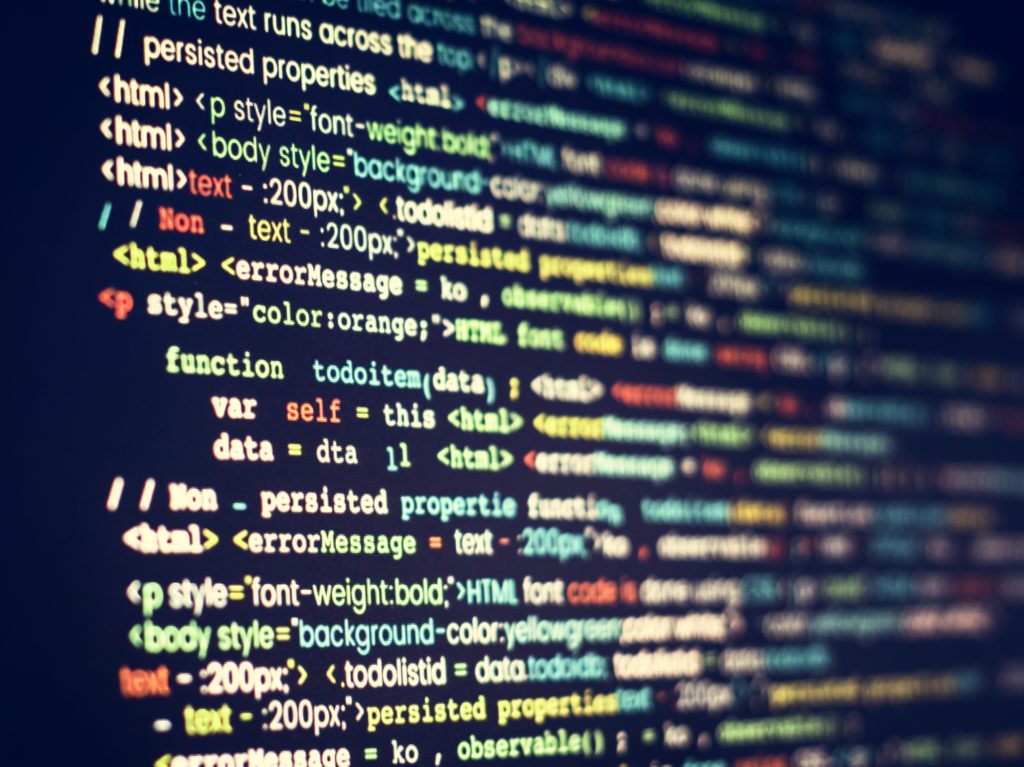
As with most nerds these days, I have been pretty enamored with the ability of ChatGPT to cull data from the net and write some fairly amazing stuff with it. In my quest to try and stump it with inane requests for cheap content, I asked it to be a bit introspective and write about the dangers of using itself. Here, in it’s own words, is it’s answer to itself.
As an AI language model, I am designed to assist and provide answers to a variety of questions. However, it is important to understand that there are inherent dangers in relying too heavily on technology such as ChatGPT. In this blog post, we will discuss some of the potential risks associated with using AI chatbots and language models.
- Lack of Empathy and Emotional Understanding
One of the biggest dangers of using AI chatbots is the lack of empathy and emotional understanding that they possess. While ChatGPT may be able to provide accurate and useful information, it is not equipped to understand and respond to emotional cues that humans rely on. This can be particularly problematic in situations where the user is seeking emotional support or guidance, such as mental health or crisis situations.
- Bias and Inaccuracy
AI language models are only as unbiased and accurate as the data they are trained on. This means that if the training data contains biases or inaccuracies, ChatGPT may also reflect those biases and inaccuracies in its responses. This can be particularly problematic when it comes to sensitive topics such as race, gender, sexuality, and religion. If ChatGPT is not programmed to handle these topics sensitively, it may inadvertently provide offensive or harmful responses.
- Privacy and Security Risks
Using AI chatbots and language models also comes with potential privacy and security risks. ChatGPT may store and analyze user data, which can include personal information and sensitive details about a user’s life. If this data is not properly protected or secured, it can be vulnerable to hacking, theft, or misuse.
- Dependence on Technology
Another danger of using AI chatbots is the potential for dependence on technology. As ChatGPT becomes more advanced and capable, users may rely on it more heavily for day-to-day tasks and decision-making. This can lead to a lack of critical thinking skills and independent problem-solving abilities, which can be detrimental in both personal and professional contexts.
- Misuse of Information
Finally, there is always the risk that users may misuse the information provided by ChatGPT. For example, if ChatGPT provides medical advice or financial guidance, users may take this information as gospel without consulting with a human expert or conducting additional research. This can lead to serious consequences and even harm in some cases.
In conclusion, while AI chatbots and language models such as ChatGPT can be incredibly helpful and convenient, they also come with inherent dangers and risks. It is important for users to understand these risks and take precautions to protect themselves and their information when using technology. Additionally, it is important to recognize the limitations of ChatGPT and seek out human experts when necessary, particularly in situations that require emotional support, critical thinking, or specialized knowledge.
Author – ChatGPT


